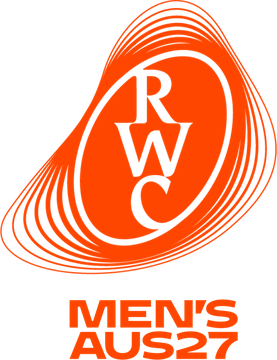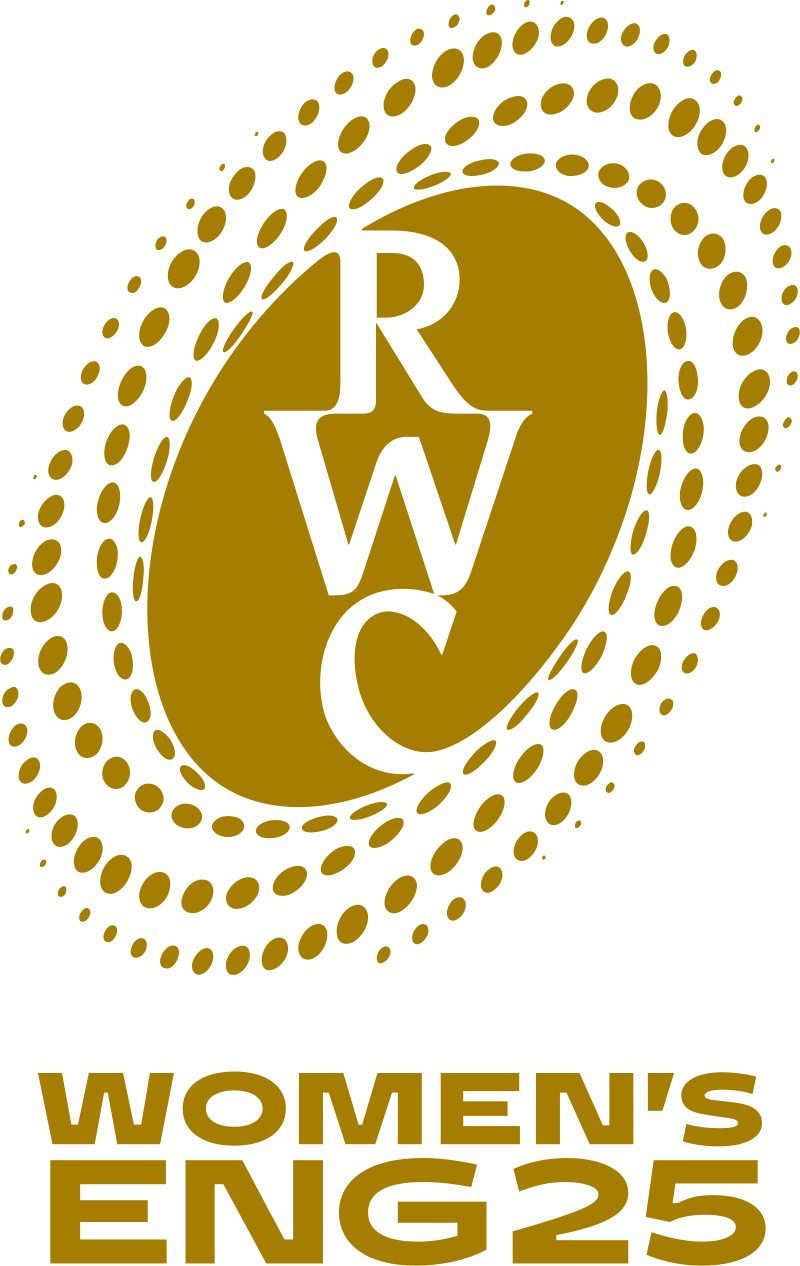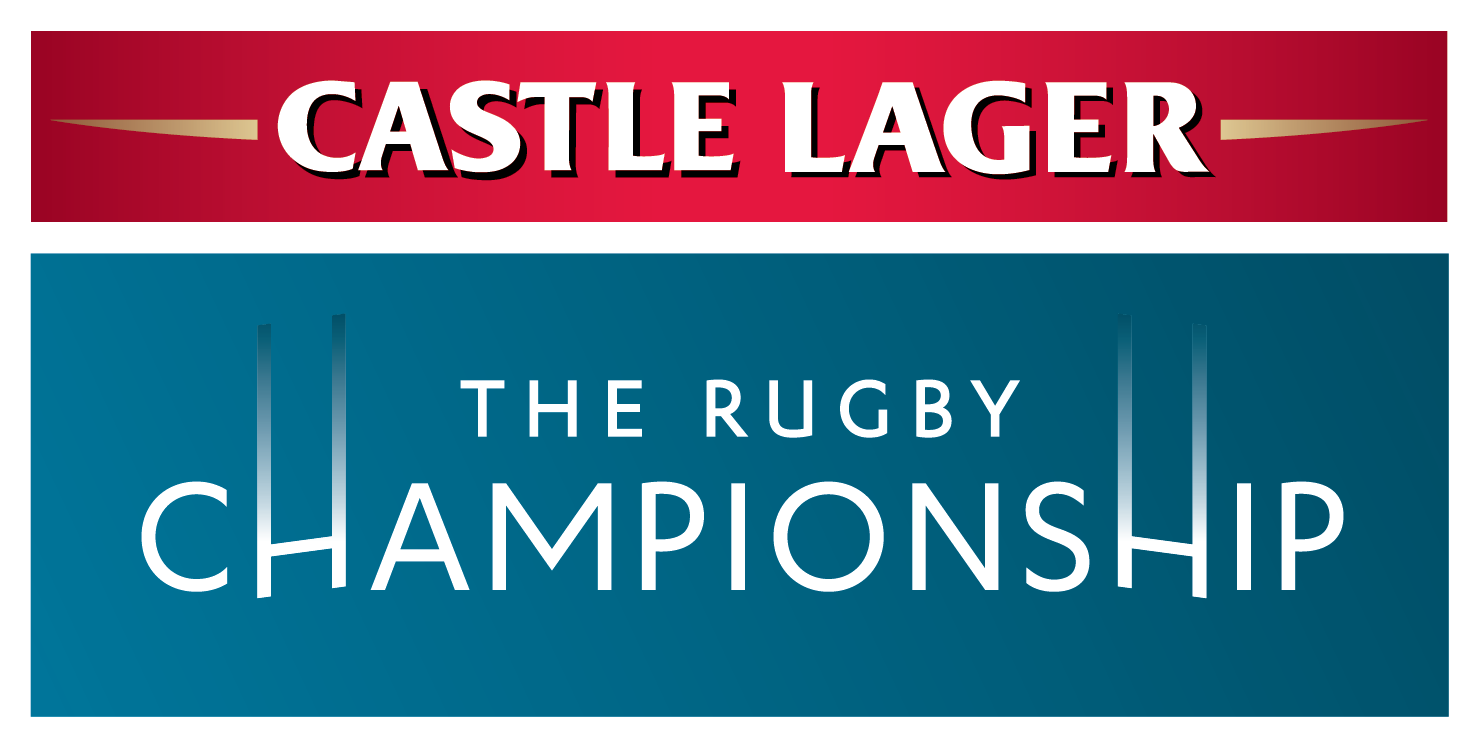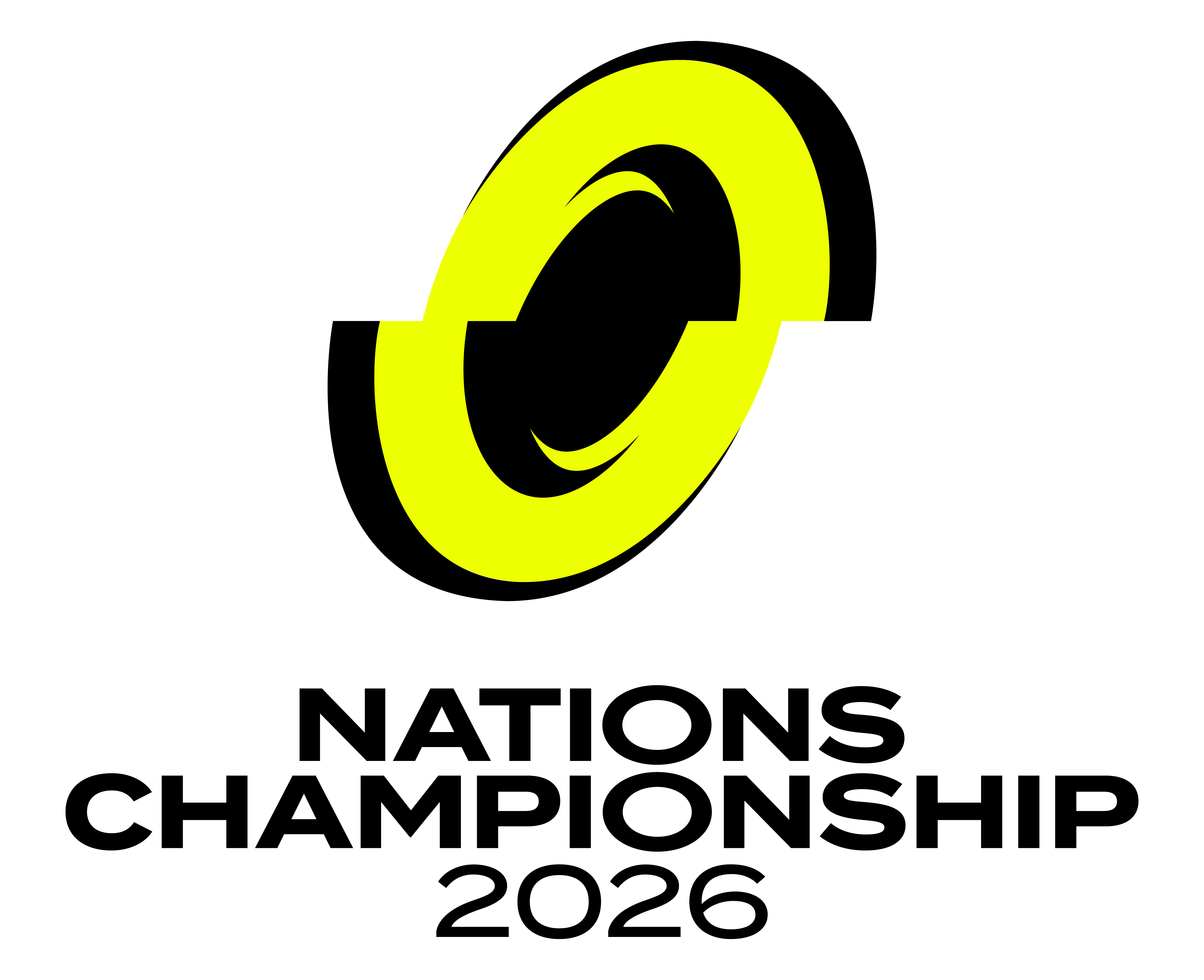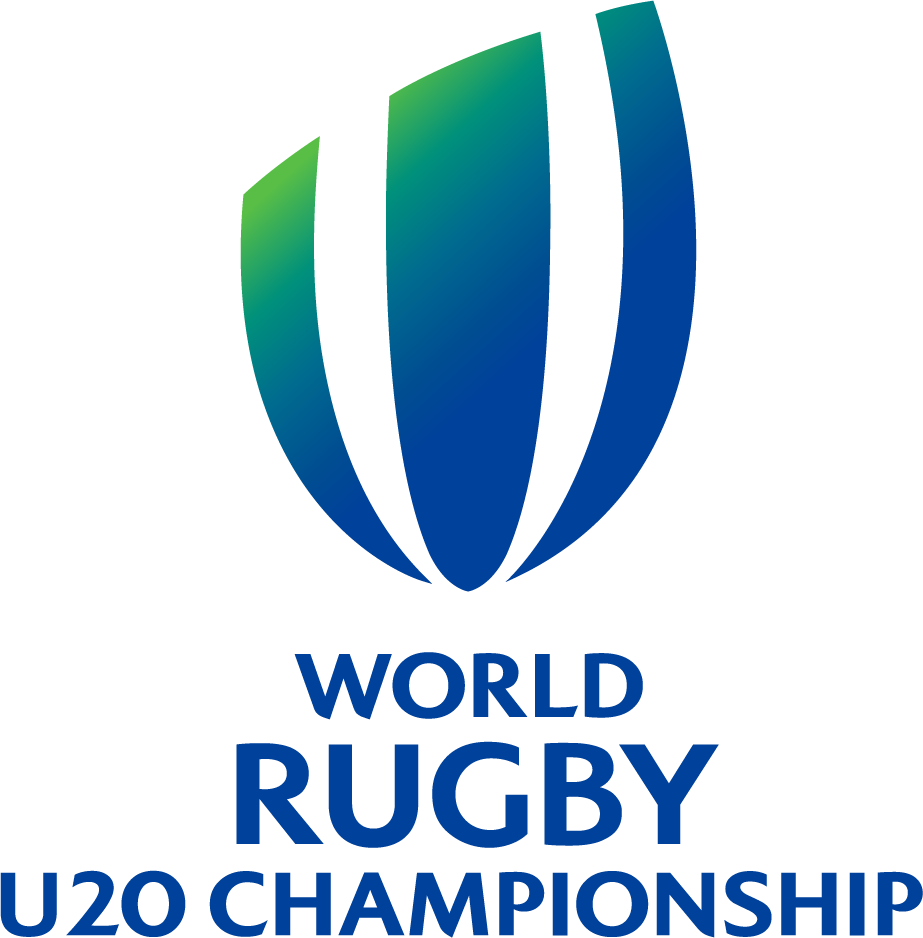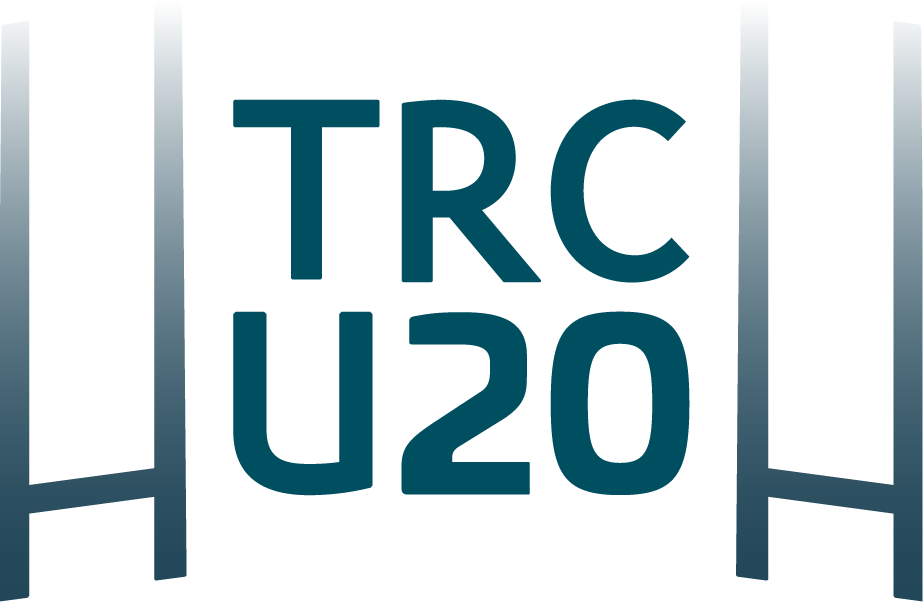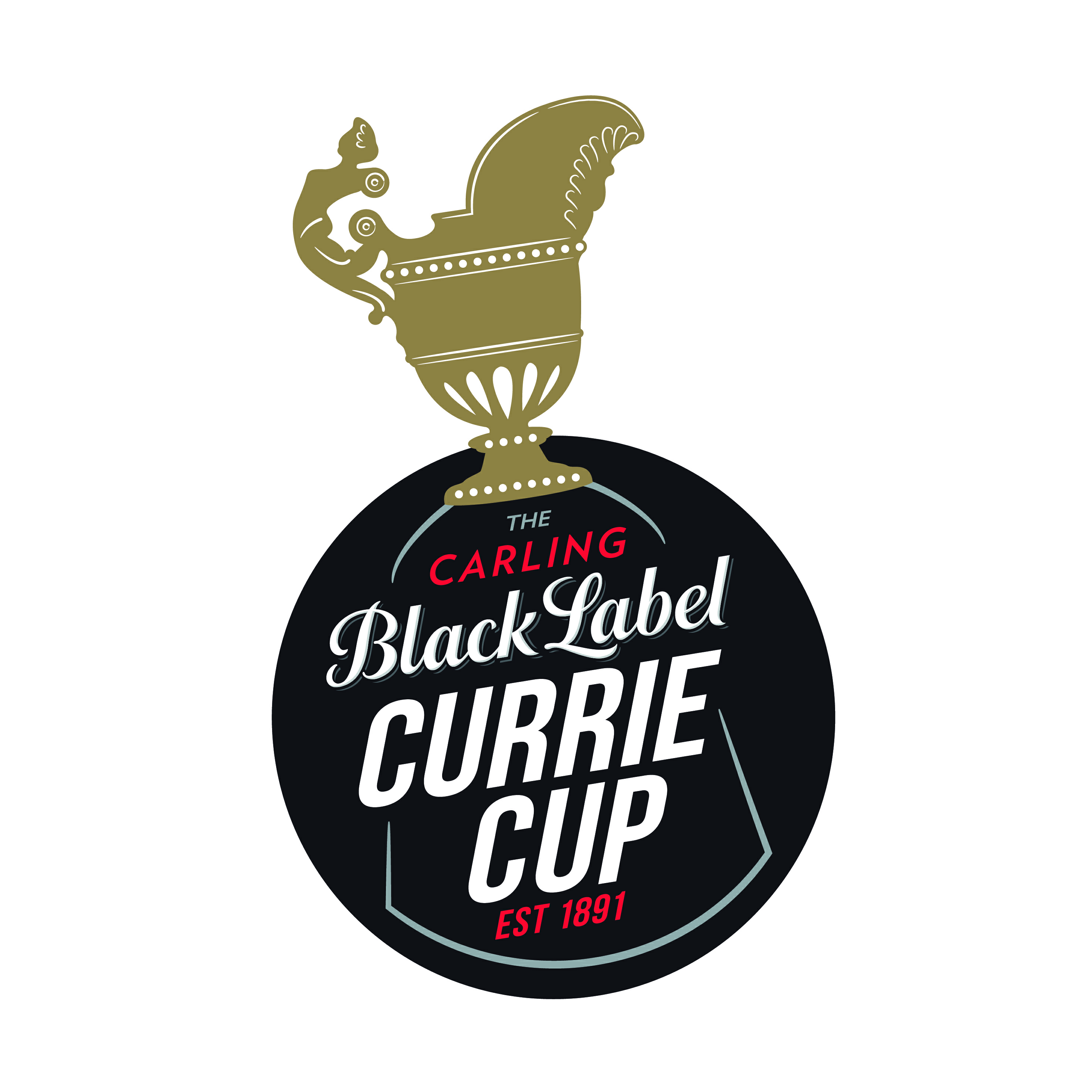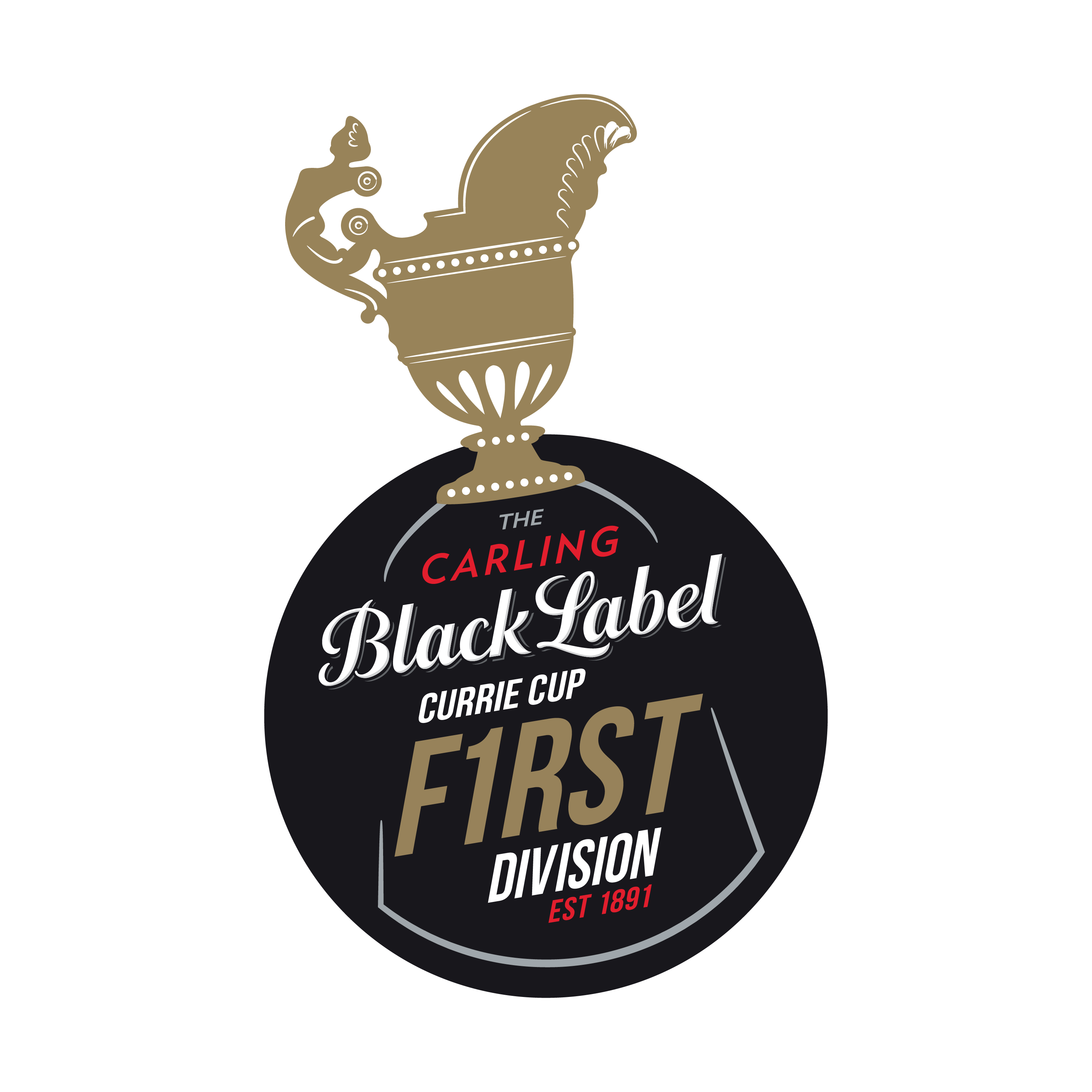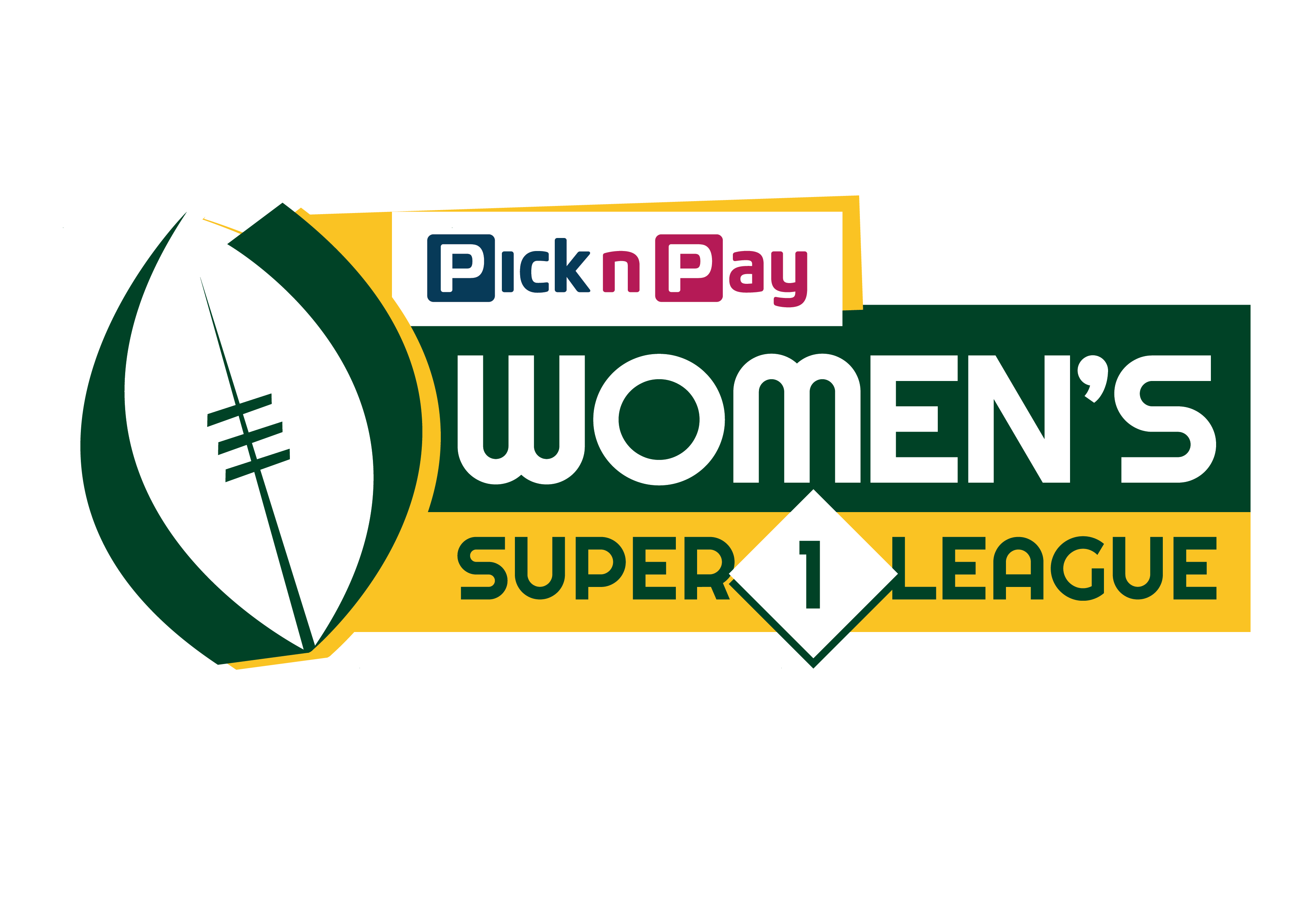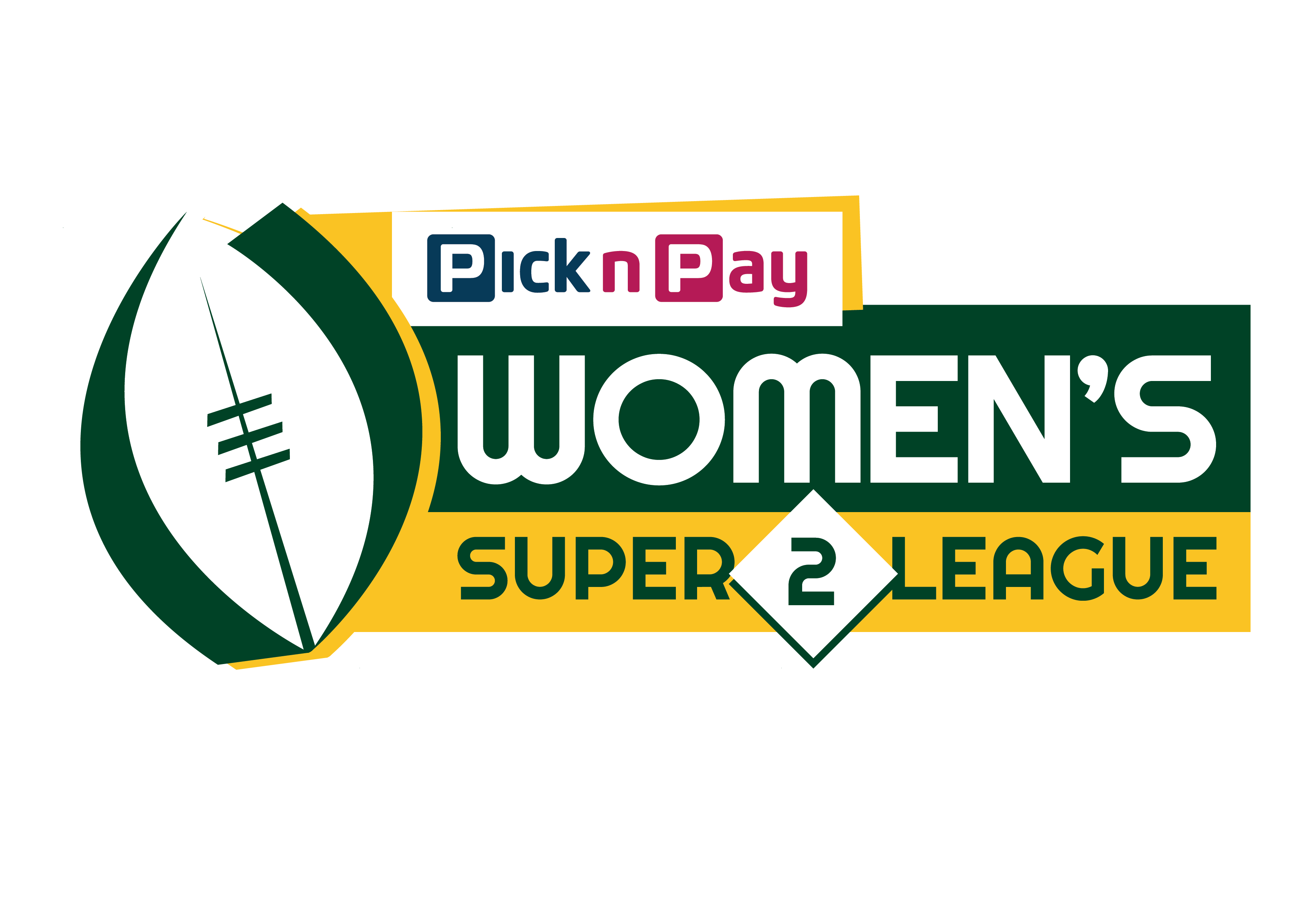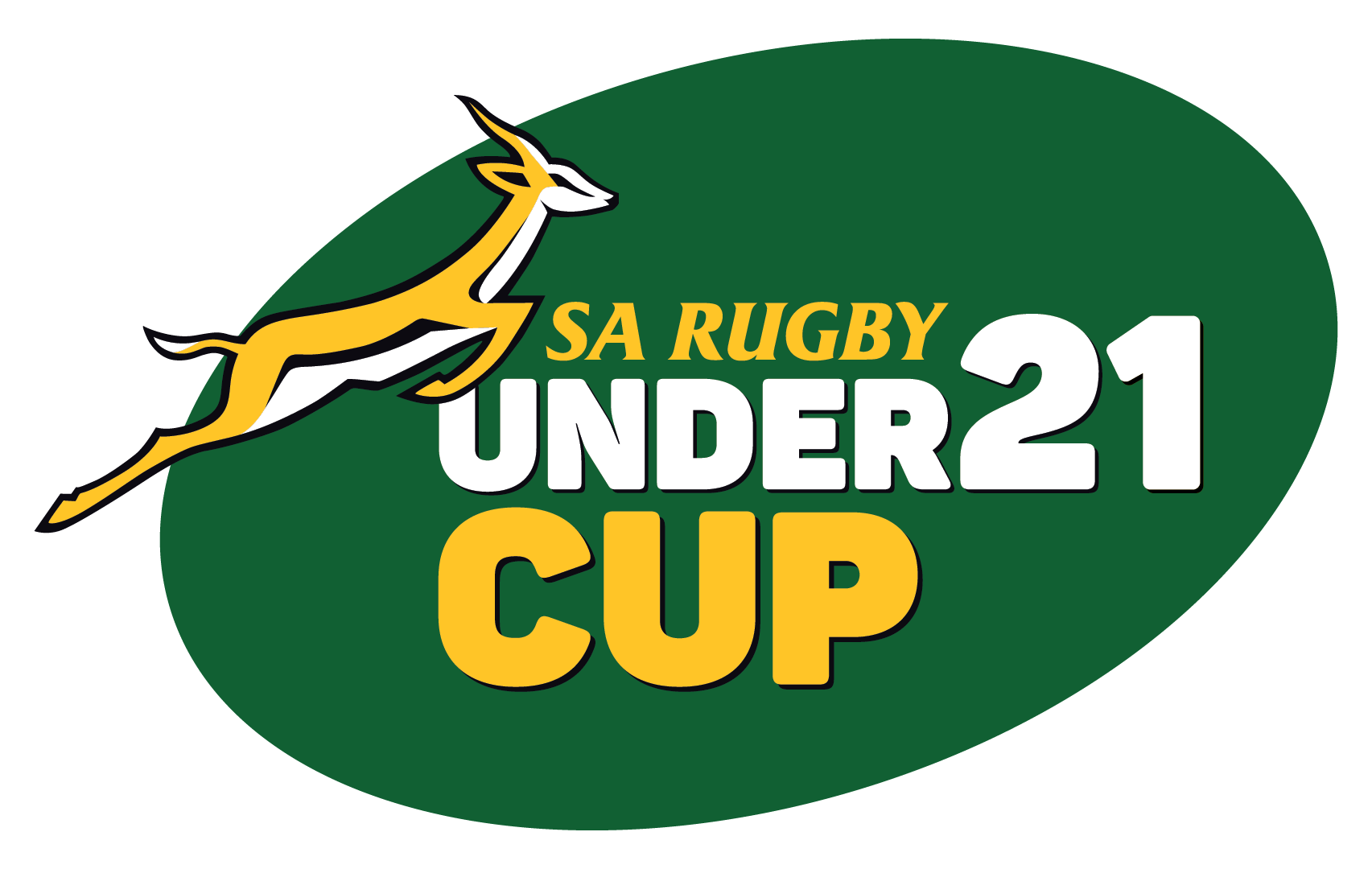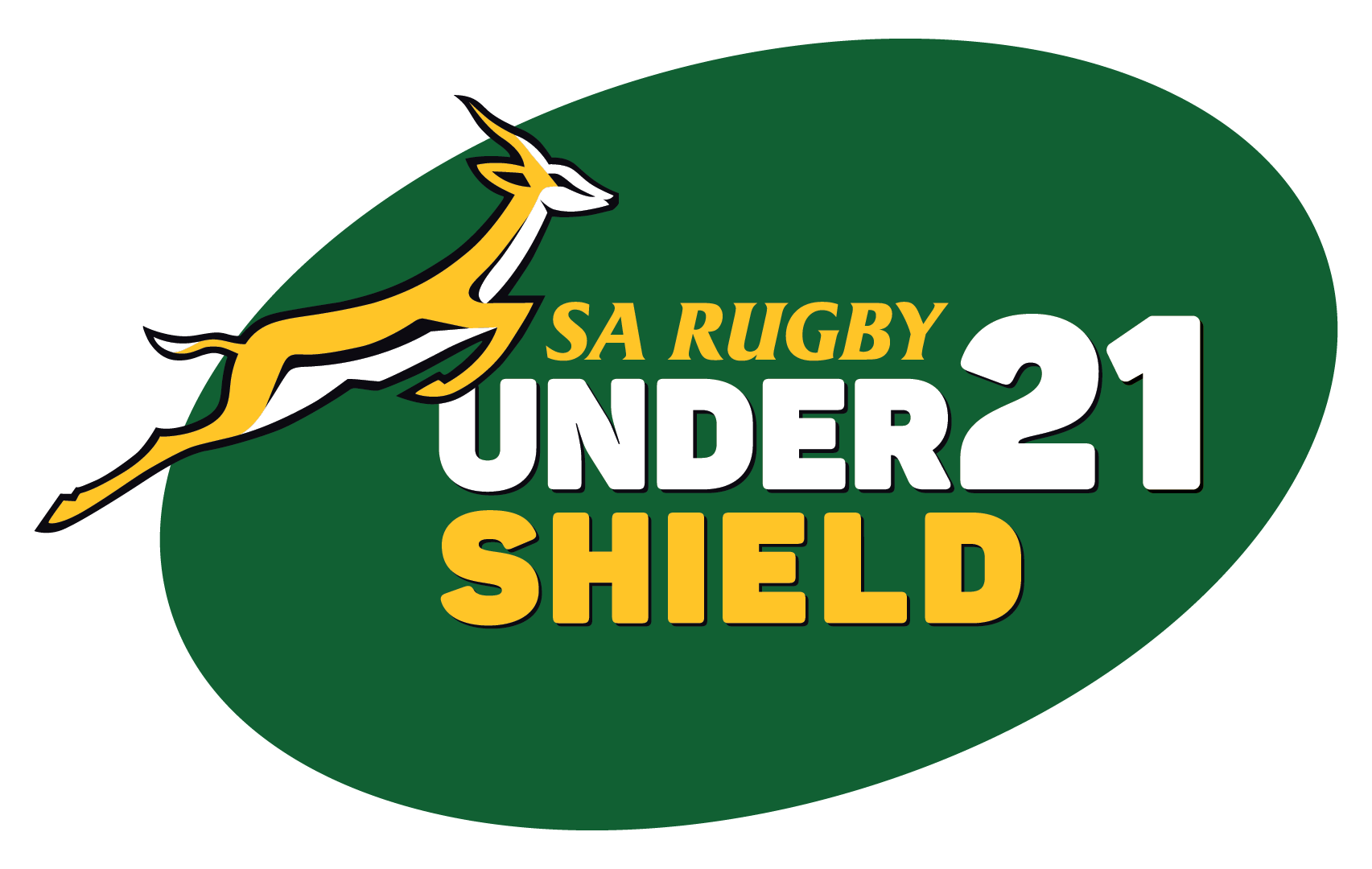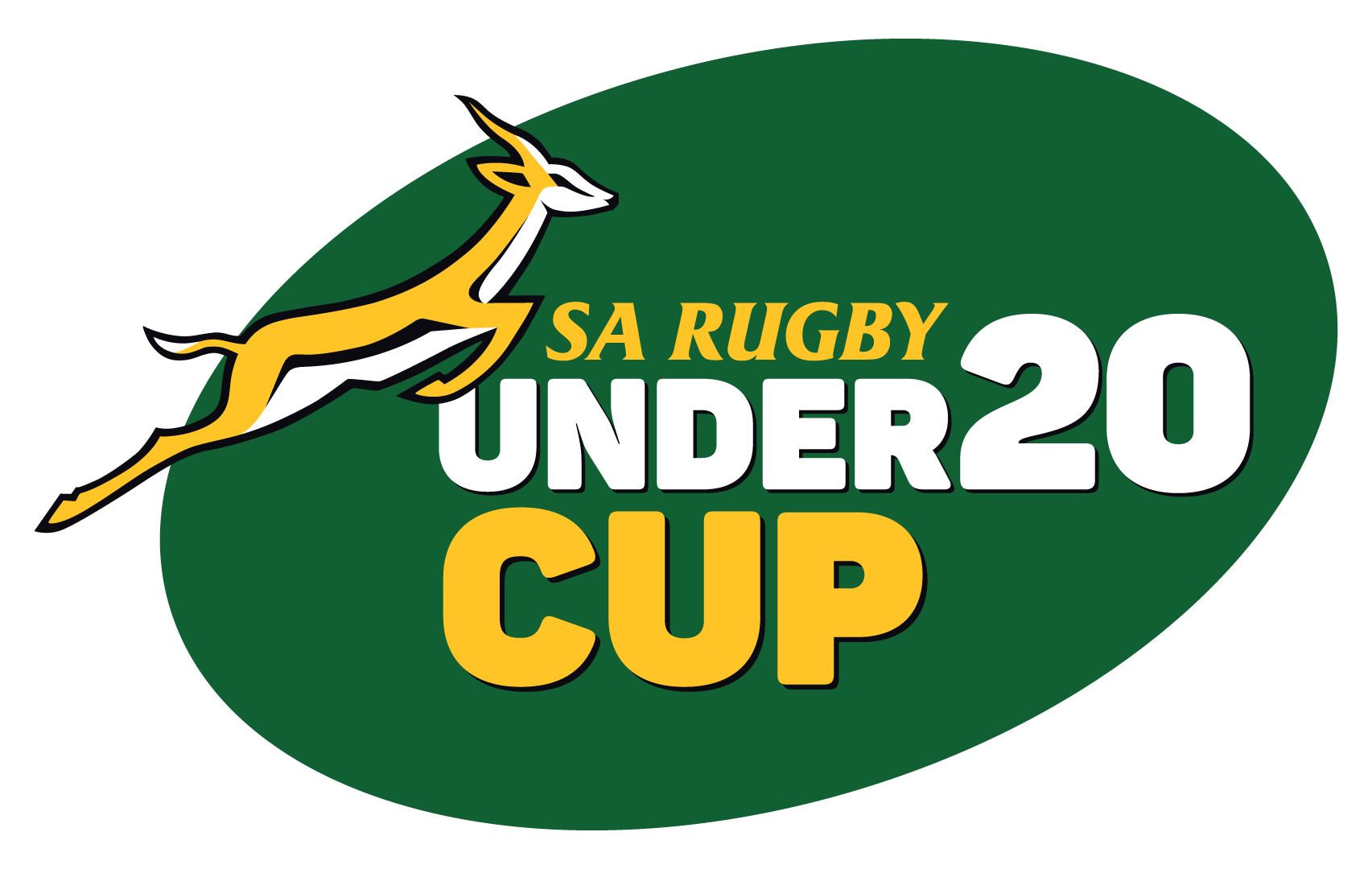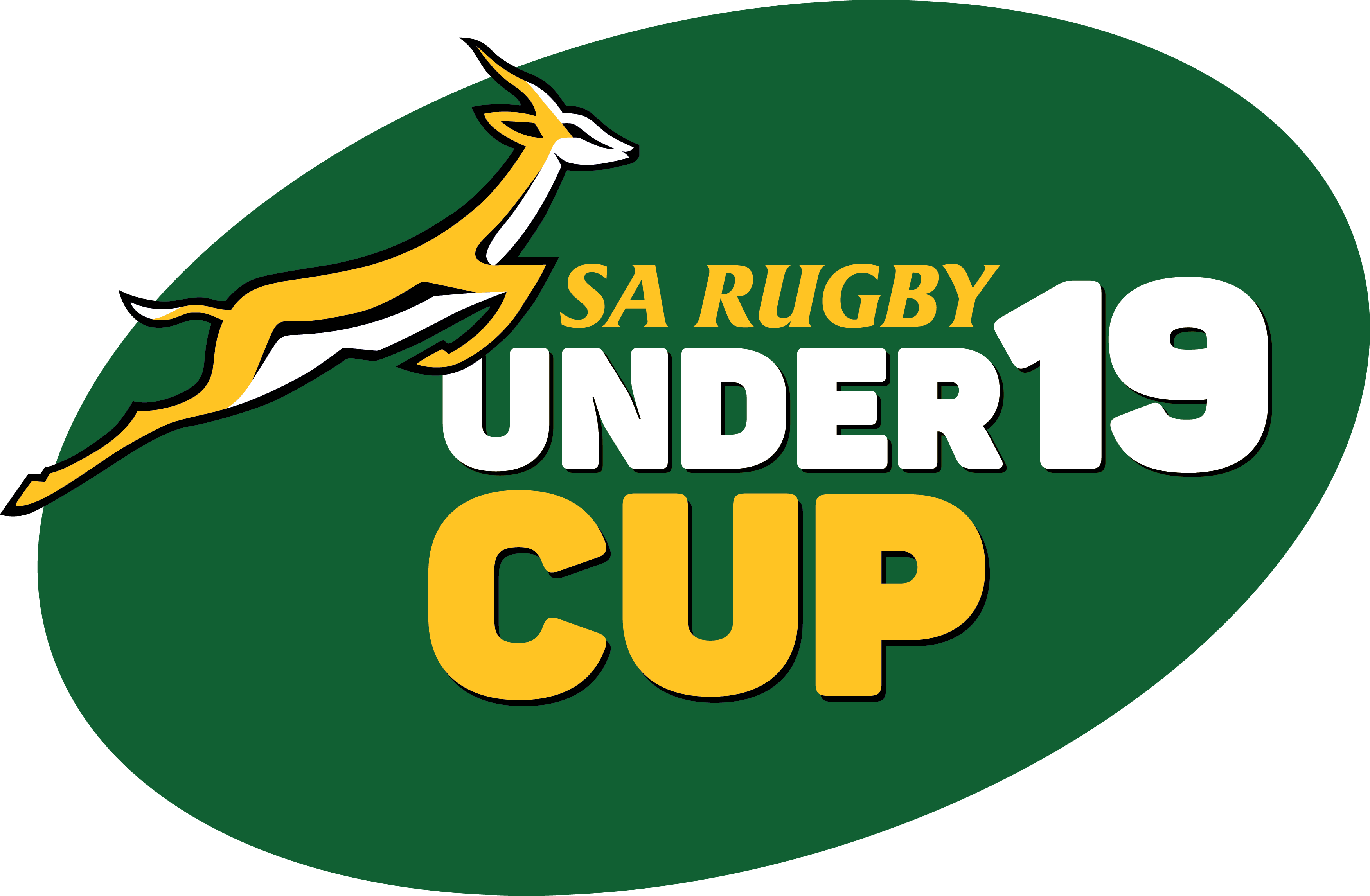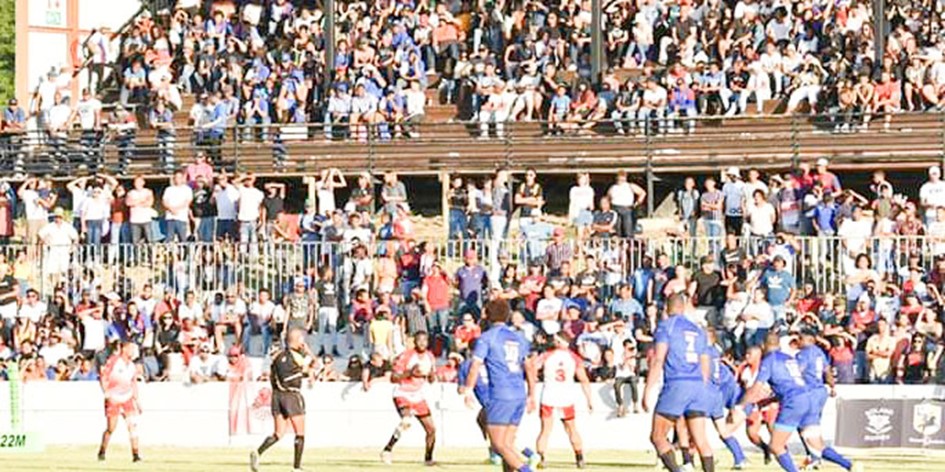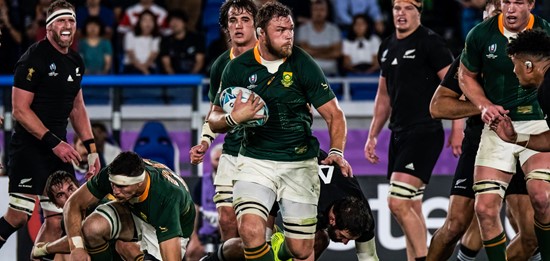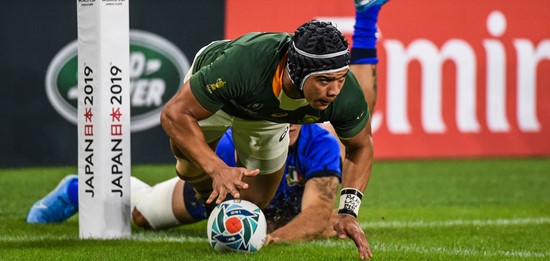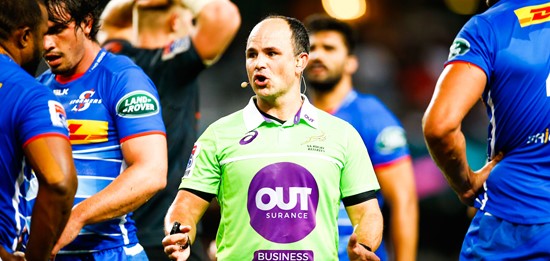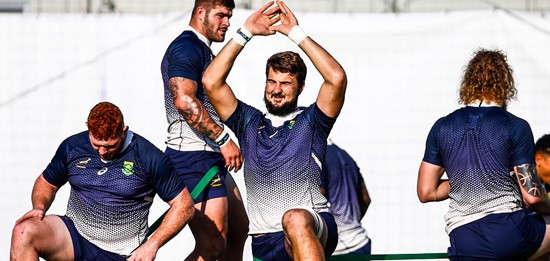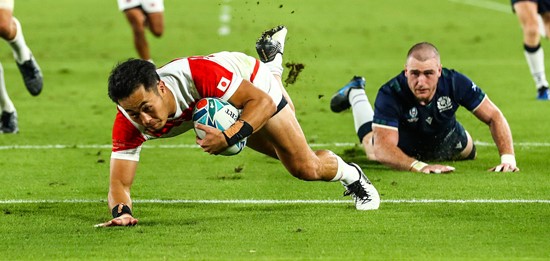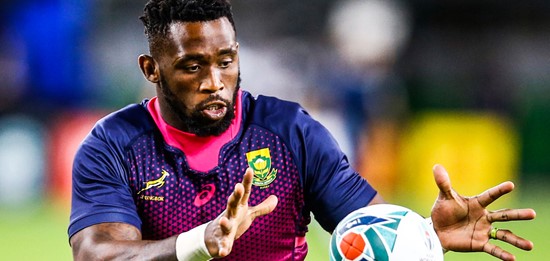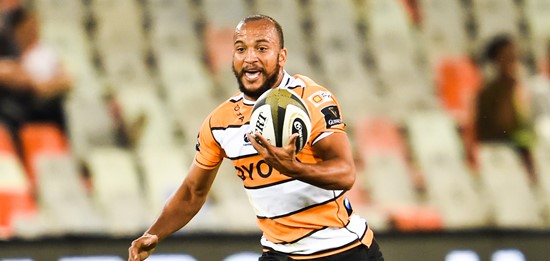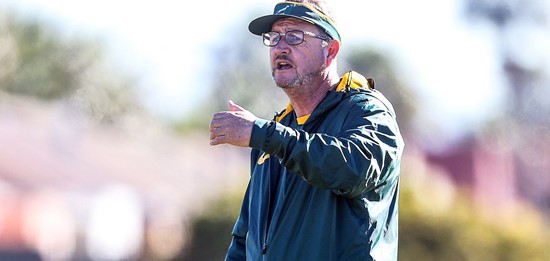Rugby heartland towns across the Western Cape, including Wellington, George, Beaufort-West and Oudtshoorn, will this weekend play host to the business end of a club season whose pre-season roots can be traced back to November last year.
Boland’s club season — the most watched amateur league in world rugby with more than 215 community clubs in action every weekend across the West Coast, Cape Winelands and Overberg Districts of the Western Cape — reaches its climax at Boland Stadium in Wellington on Saturday with four finals set to take place at a sold-out venue.
A capacity crowd of 8,142 fans crammed into the headquarters of the Boland Rugby Union last weekend for the semifinals in the various leagues, with Saldanha and Caledon beating Roses United and Darling respectively to advance to the Grand Challenge Final.
The action gets underway at 11:00 on Saturday when Alberts and Evergreens do battle in the First Division final. This is followed at 12:50 by the Community Shield final between Buffelsjag and Evergreens Wellington. McGregor and Young Blues will clash in the Regional Challenge final at 14:40 before Caledon and Saldanha meet in the main match at 16:30.
Neither club has ever won the Boland title and Caledon — the “Canolaboere” from the Overberg — will start as underdogs against the West Coast champions who have experienced an unbeaten dream season, which has included 19 wins from 19 matches as well as the club having hosted (and won) the televised Transnet Saldanha Super 8 Tournament over Easter, and the SuperSport Rugby Challenge Final in June that drew a capacity crowd.
And in SWD, the second round of the groundbreaking Municipal Rugby Challenge (MRC) gets underway on Friday and Saturday with four matches featuring eight ‘provincial’ amateur teams, all representing their municipal districts.
The MRC pilot project – a joint initiative between SA Rugby and the SWD Rugby Football Union – has been running for the past three weeks and aims to provide the best club players in SWD with an aspirational platform which, if successful, could be rolled out in other provinces as early as 2020.
The competition has been divided into two divisions, with representative ‘provincial’ teams from George, Oudtshoorn, Mossel Bay and Hessequa Local Municipalities contesting the Cup, with Bitou, Knysna and Kannaland Local Municipalities having been joined by Central Karoo District in the Shield.
The seven-week pilot – which for the first time in South African rugby sees senior representative teams officially representing their municipal regions – will culminate in a Cup and Shield Final at Outeniqua Park, George, on 9 November – the weekend after the Rugby World Cup Final.
At the halfway stage of the MRC, Oudtshoorn lead the Cup standings, followed closely by Mossel Bay and George, with Hessequa still winless. In the Shield, Bitou remain unbeaten after three rounds, with surprise package Central Karoo in finals contention should they shut out Knysna and Kannaland in the return matches.
Friday sees both Cup matches kick off at 20:00, with George hosting Hessequa at Rosemoore Stadium and Oudtshoorn welcoming Mossel Bay to their Bridgton Sports Ground fortress, which successfully hosted last year’s SuperSport Rugby Challenge Final.
In Saturday’s Shield matches, Knysna host Bitou at Grassy Park in Sedgefield and Central Karoo will want to move one step closer to a final in George next month when they welcome Kannaland at the Dorpsveld in Beaufort West. Both matches kick off at 15:00.
“Club and amateur community rugby is on the verge of a major revival and even in late October, huge crowds are still continuing to flock to clubs across the length and breadth of the country to watch their local community heroes in action,” said SA Rugby CEO, Jurie Roux.
“The Boland club finals crowds are bigger than most professional leagues in the world, which is why amateur club rugby in South Africa is a national treasure.
“And unlike the old amateur provincial competitions, which mostly accommodated only a single team from each provincial union, the aim of the MRC is to drill down as deep as possible into our talent base and provide as many players as possible, from even the smallest villages and clubs, with a platform to display their skills. This has already happened over the past few weeks, with talented players from lower-league clubs showing not looking out of place in a higher-level environment.”
Roux said that the pilot project, if successful, could incorporate other unions as early as 2020 and ultimately provide the blueprint for a more relevant and sustainable national amateur provincial competition. “The MRC is a joint collaboration between SARU and SWD and we want to see whether it can be used successfully as a platform to grow the game, especially on the platteland, and proactively secure sponsorship from municipalities and local businesses. Then it will become a self-sustaining venure which everyone in a particular community, from players and fans to sponsors and municipalities, feel they are a part of.
“The Central Karoo team’s performances so far is a great example. The MRC has provided the region with an aspirational vehicle for players and clubs from Beaufort West to Prince Albert, and Laingsburg to Murraysburg, which previously has not existed. It will hopefully provide a springboard for future development and capacity-building joint initiatives. If successful, this concept could place club rugby at the forefront of development, not only in SWD but across the country,” Roux added.







